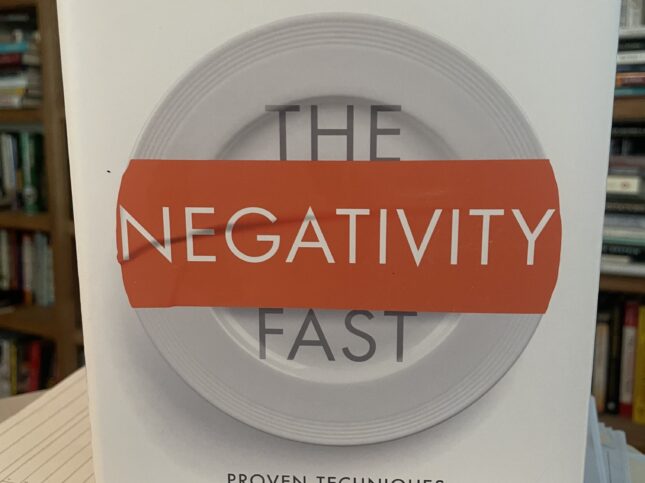Book Recommendation: Plato’s Lemonade Stand
When life hands you lemons, make lemonade. It’s one of the oldest clichés in the book. The problem with clichés is that we hear them so often that we tune them out, which is sometimes a pity because there’s usually a reason they became clichés in the first place. They contain a deep and clear truth—if we just take the time to dip below the surface.
2020 has produced a bumper crop of lemons for most of us, so what better time than now to dive into the philosophy of that old adage?
But it helps when you have an experienced guide to show you the way. Tom Morris has a singular ability to start with a simple truth, examine it carefully for 275 pages, and produce something that’s wise, highly readable, and especially useful at this time.
The point in Plato’s Lemonade Stand is to show you explicitly how to deal with change. How do you explain the recipe without resorting to yet more shallow clichés and easy advice? You start a conversation with the great minds in history. Plato doesn’t actually appear too much in the book, but his name is a proxy for a long litany of thinkers throughout history whose wisdom Morris taps for this book including Plato’s teacher Socrates and student Aristotle, continuing with the New Testament, and ending up with Harry Potter. As change books go, Plato’s Lemonade Stand is orders of magnitude more fulfilling than, say, Who Moved My Cheese?
Life is full of change, and it’s not always positive. We want strawberries or peaches, but we get lemons instead. Grit and resilience will help us deal with the sour taste, but we can also add sweetener in the form of perspective, self-control and positive action. These are covered extensively in the first two-thirds of the book. If the book ended here, it would be well worth the price for the help it can give anyone struggling to deal with the current crisis, or any other adverse circumstances they face.
But there’s more to the story than that. There are two forms of change: that which happens to us, and that which happens because of us. The second section of the book is about the latter.
It’s one thing to change when you don’t have much choice in the matter; you have to play defense. But sometimes it may be harder to play offense—to initiate change when things are going well. In one of the more compelling metaphors in the book, Morris teaches that when you finally reach a peak that you’ve aspired to climb for a long time, you will inevitably spot a higher peak in the distance. But here’s the rub: you can’t start climbing the second peak without first going downhill from the first. It definitely won’t be easy, and it can be tempting to just decide that the hill you’re on is good enough.
But if you decide to embark on the effort, you need to accept being a beginner, struggling with the unfamiliar, being scared and tested all over again, which is why G.K. Chesterton said, “If a thing is worth doing, it is worth doing badly.”
If I have a quibble with the book, it’s that I would have liked to see more about self-initiated change. To be fair, Morris covers a lot of that ground well in some of his previous books, especially True Success. And maybe he’s saving for a sequel. He hints at that on the next to last page, with one last surprising truth—which I won’t spoil in this review.
If you’ve read anything by Tom Morris before, you will encounter some familiar ideas, particularly his 7 Cs of Success. But that’s not a bug, it’s a feature, because anything worth knowing is worth repeating and refreshing from time to time. If you haven’t read anything by Tom Morris before, do yourself a big favor, starting with Plato’s Lemonade Stand.




